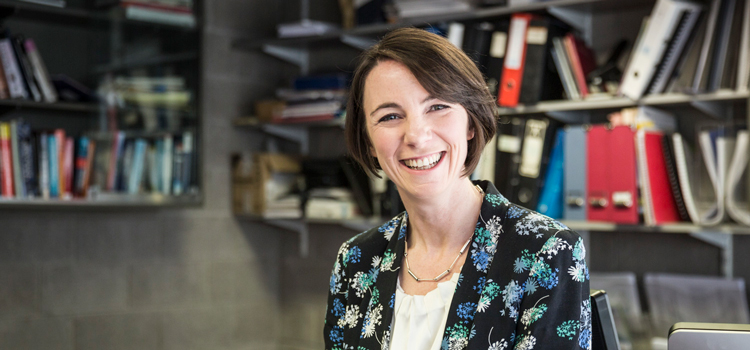News and Events
- UCD CIGRE Ireland Final Year Project Award
- Frontiers for the Future: Minister Lawless announces €34.5M investment in cutting-edge research
- Minister Lawless announces 72 Sustainable Laboratory Certifications
- Powering the Future: Join UCD as a Professor in Offshore Power Grids
- UCD Robotics Design Project final competition 2025
- Inventors of Moveable Oral Senor with Clinical Applications Receive 2025 NovaUCD Invention of the Year Award
- University College Dublin’s 2025 Innovation Awardees Announced by NovaUCD
- 2024 News Archive
- 2023 News Archive
- 2022 News Archive
- 2021 News Archive
- 2020 News Archive
- 2019 News Archive
- CIGRE Young Member Showcase
- Highly Linear Mixer-First Receivers and N-path Filters
- Optimising the Last Mile of 5G Wireless Networks
- UCD student awarded prestigious Naughton Research Experience for Undergraduates Fellowship
- A Boost for Wireless and Energy-Harvesting Technologies
- Eight UCD schools win Athena SWAN awards for gender equality commitment
- UCD Researcher Awarded ERC Proof-of-Concept Funding for Parkinson’s Disease Project
- 2018 News Archive
- 2017 News Archive
- 2016 News Archive
UCD Researcher Awarded ERC Proof-of-Concept Funding for Parkinson’s Disease Project
Monday, 4 December, 2023

Dublin, Ireland, 25 July 2019, A University College Dublin (UCD) researcher, Professor Madeleine Lowery, is among 62 European Research Council (ERC) grant holders who have today been awarded an ERC Proof-of-Concept or ‘top-up’ grant of €150,000 to explore the commercial or societal potential of their ERC-funded frontier research results.
Professor Lowery’s research in the UCD School of Electrical and Electronic Engineering is focused on using engineering methods to model the brain, nerves and muscles to improve technology which is used to treat motor symptoms associated with Parkinson’s disease.
In 2015 Professor Lowery was awarded an ERC Consolidator Grant of €2 million, over 5-years, for a research project focused on deep brain stimulation (DBS) therapy used to treat the symptoms of Parkinson’s disease.
While DBS has emerged as an effective treatment for the symptoms of Parkinson's disease (PD) over the last 25-years, the mechanisms of DBS are not yet fully understood.
Current DBS systems operate in an 'open-loop' configuration with stimulus parameters (amplitude, pulse duration and frequency) empirically set and remaining fixed over time. Patients can however experience side effects and poor control of symptoms associated with suboptimal programming of stimulus parameters.
A ‘closed-loop’ DBS system offers an alternative approach that has the potential to overcome current limitations and increase therapeutic efficacy while reducing side-effects by automatically adjusting stimulation parameters as required.
Through her ERC-funded project, Professor Lowery and her research team have developed biophysically detailed computational models of the neural circuits in the brain during DBS and are using these to develop and test novel algorithms for closed-loop DBS.
Professor Lowery, UCD School of Electrical and Electronic Engineering said, “We are delighted to have been awarded proof-of-concept funding by the ERC. While the potential benefits of closed-loop DBS are widely recognised these systems have not yet been clinically implemented as feasibility must first to be demonstrated. The funding announced today will enable us commence pre-clinical testing of the closed-loop system we are developing and evaluate commercialisation strategies.”
PoC grants can be used in various ways, such as exploring business opportunities, preparing patent applications or verifying the practical viability of scientific concepts.
This latest round of grants, totalling €9.3 million in funding, includes the 1000th project, (based in the University of Alcalá, Spain), to receive PoC funding since the scheme commenced in 2011.
Carlos Moedas, European Commissioner for Research, Science and Innovation, said, “Europe excels in turning money into great science, but still has to improve its ability to turn excellent science into money and benefits to society. For the past eight years, ERC Proof of Concept grants have helped top researchers progress in the world of entrepreneurship. I believe the new European Innovation Council will also be able to assist them in their endeavours.”
The new grants were awarded to researchers working in 15 countries:
- Austria (1),
- Belgium (3),
- Denmark (2),
- Finland (2),
- France (6),
- Germany (4),
- Greece (2),
- Ireland (2),
- Israel (3),
- Italy (9),
- Netherlands (8),
- Romania (1),
- Spain (4),
- Switzerland (5)
- UK (10)